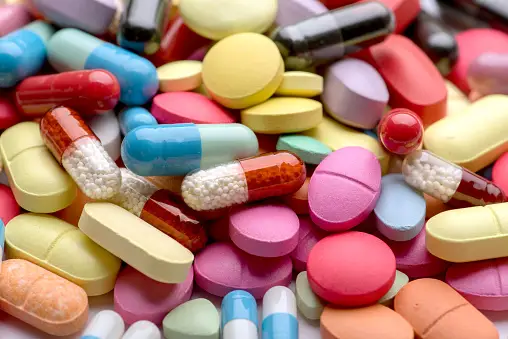Medical professionals –whether doctors, nurses, dentists, or veterinarians– are caring individuals who tend to the ill and suffering every day. They are also human, and sometimes, these caring people need someone to take care of them. The toll of a stressful medical career has caused many medical professionals to develop substance abuse problems. As an example: the Journal of the American Medical Association has reported that, in a survey of seven thousand surgeons, alcohol was abused by 13.8% of male surgeons and 25.4% of female surgeons. Another study found that 10% of medical students had a history of using unprescribed stimulant medications. This raises the concerning possibility that substance abuse can start early in a medical career.
Federal laws require drug and alcohol testing in other professions affecting public safety, such as the transportation industry. While there are not currently federal guidelines for substance abuse screening in the medical profession, this does not mean that the legal consequences of a doctor’s addiction cannot be equally serious.
Sorting the Legal Consequences of Substance Abuse
There are many potential legal problems a medical professional may face when abusing drugs or alcohol. Criminal charges can be brought for forgery, possession, DUI, and many other crimes related to drugs or alcohol use. Civil lawsuits can be brought for medical malpractice, or negligence on the part of a nurse or dental assistant. Separate and independent from any civil or criminal lawsuit is an administrative proceeding through the Department of Motor Vehicles to revoke or suspend a driver’s license as the result of a DUI. Administrative proceedings can also be brought by a professional licensing agency, such as the Texas Medical Board.
Doctors, nurses, optometrists, pharmacists, podiatrists, veterinarians, psychologists, chiropractors, physical and occupational therapists, emergency medical technicians, dentists, dental assistants and radiologists across Texas must answer to their professional licensing boards. When one of these professionals has a complaint against his or her license, the board will begin an investigation into the conduct. Depending on its findings –and the response of the professional to the board complaint– the board can issue a written warning, temporarily suspend the license, or revoke the medical license on a permanent basis. An attorney who is experienced in professional license defense can assist the license holder to achieve the best possible outcome in these disciplinary proceedings.
Getting the Help That is Needed
Medical professionals cannot help anyone else when they are in need of help themselves. It is important to acknowledge problems as soon as possible, and recognize the warning signs in medical colleagues. In general, licensing boards are more inclined to work with someone who acknowledges and addresses a substance abuse problem than someone who denies that a problem exists.
The consequences of a substance abuse problem can be more severe for a medical professional than those working in other industries. The experienced medical license defense attorneys at Bertolino LLP have decades of experience in defending professional medical licenses across the Austin, San Antonio and Houston areas. We help professionals address their addictions and keep their careers on track.
Call or text (512) 476-5757 or complete a Case Evaluation form




